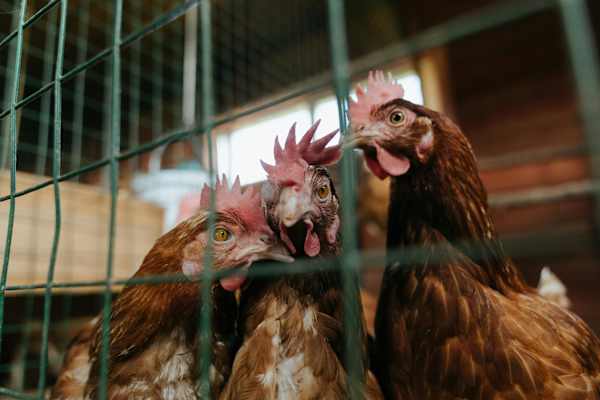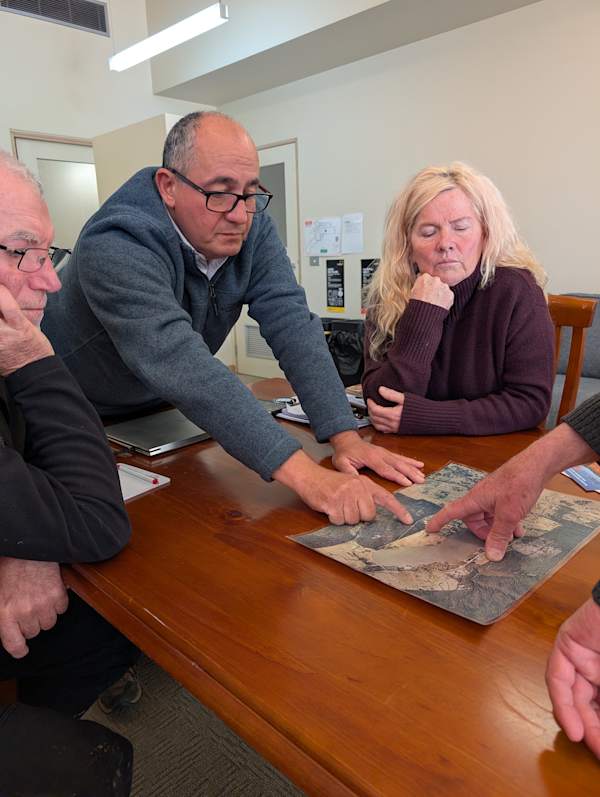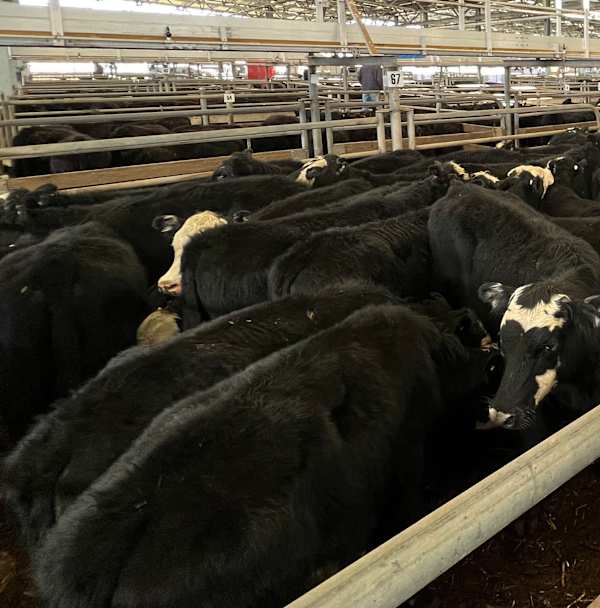THE state government has welcomed the findings of the parliamentary inquiry into the welfare of pigs in Victoria, backing 16 of the 18 recommendations with implementation expected to begin early this year.
The inquiry which was initiated on May 25, 2023, by the Victorian Legislative Council Economy and Infrastructure Committee was a culmination of numerous submissions by representatives of the pork industry and animal welfare and activist groups, followed by four public hearings.
The enquiry looked at existing regulatory frameworks and their promotion of pig welfare outcomes, methods used to stun pigs before slaughter, outcomes of the 2017 industry-led phase out of sow stalls, current pig breeding and housing practices, and international industry best practice standards.
The committee’s report was released on June 20, 2024, and included 14 findings and 18 recommendations for the Victorian government’s consideration with six months given for the response.
The response released in December confirmed the government had considered all the recommendations of the committee.
Latest Stories
The outcome was support for six recommendations and 10 recommendations in principle and chose not to support two of the recommendations.
One recommendation of significant note is to replace the Code of Practice for pig welfare with national standards and guidelines for pigs.
The Australian Meat Industry Council (AMIC) said it welcomed the Victorian government’s response to the Parliamentary Pig Welfare Inquiry, which accepts a science-based approach to animal welfare and recognises the important role the pig industry plays in the state.
“The Victorian government’s decision to align regulatory requirements with national animal welfare standards and guidelines is supported by AMIC,” said the council’s interim CEO Tim Ryan.
“To that end, AMIC has been engaging government and other stakeholders through formal processes to develop minimum animal welfare standards and guidelines for livestock processing establishments, that go beyond the existing model code and will apply to facilities not already captured under the best-practise Australian Livestock Processing Industry Animal Welfare Certification System (AAWCS),” Mr Ryan explained.
“As an industry, we are constantly seeking to improve and demonstrate our high animal welfare credentials, through the implementation of our widely adopted and world-leading AAWCS.
“AAWCS is a step ahead of government requirements, with video surveillance systems set to become a mandatory component of the standards from 2026,” he said.
“Our industry continues to invest heavily in research and development to ensure we remain at the forefront of animal welfare.
“The confirmation that CO2 gas stunning is currently considered a best practice method for stunning pigs reconfirms Australia’s processes are aligned with global peers and current science,” Mr Ryan said.
“We will continue engage with government and industry to ensure the management of animal welfare at processing facilities continues to be rooted in science and aligns with customer expectations."
The state government said it recognised the significant work the pork industry had already done to improve the welfare of farmed pigs and would continue to work closely with the pig industry and animal welfare organisations to ensure the implementation of the recommendations.
“Victoria has some of the best produce in the world and part of that includes having high animal welfare standards – these changes will ensure Victoria’s pig industry can continue to thrive on the global stage,” said the minister for Agriculture Ros Spence.
“We look forward to continuing to work with industry and animal advocacy groups to start implementing the recommendations to improve the way pigs are treated and cared for on Victorian farms,” Ms Spence said.
The Victorian Farmers Federation was continuing to work through the various recommendations but provided the following comments from VFF Pig Group President, David Wright.
“As the VFF had recommended to the Parliamentary inquiry into pig welfare, it is completely wrong for Victoria to unilaterally set animal welfare standards that are not aligned with the national approach,” said Mr Wright.
“We welcome the government affirming this position in its response to the inquiry.
“The behaviours of animal activists, who invade family farms in an attempt to create shock is a political tactic, must be rejected and not used as the basis for dismantling animal welfare laws,” Mr Wright said.
“Changes to animal welfare laws moving forward must be done in a balanced way that acknowledges scientific evidence, the impact on industries and community views.
“The government has made a strong commitment to work with the pig industry to progress animal welfare standards, and the VFF will actively participate in the development of new regulations."
The government did not support recommendation six which called for the “establishment of an Independent Office of Animal Protection to ensure compliance with animal protection laws, streamline complaints, provide expert, evidence‑based reform and monitor animal welfare conditions within Victoria”.
Its response said Victoria’s current animal welfare system involved multiple regulatory entities including Animal Welfare Victoria, Agriculture Victoria, and the Conservation Regulator (all sitting within Department of Environment, Energy and Climate Action (DEECA) and the Royal Society for the Prevention of Cruelty to Animals (RSPCA) Victoria.
“Additional regulators, including PrimeSafe, the Victorian Fisheries Authority, the Game Management Authority, Victoria Police, and local governments also have a role in regulating the treatment of animals in some circumstances,” said the government.
It was believed that there was a broad coverage across all activities by multiple agencies with high level expertise to ensure the regulation of pig welfare.
The other recommendation not supported was a government “mandate reporting on the methods of procurement and extraction of semen from boars, and the frequency of each boar used, the method, dates, and frequency of the artificial semination of each sow”.
According to the state government “artificial insemination (AI) of companion, zoological and livestock animals including pigs is not currently regulated in Australia” and “there are currently no prohibitions on non-surgical AI practices”.
“Non-surgical AI is the standard method of AI used in the pork industry and the use of AI can support pig welfare by reducing injuries received during natural mating.
“In the absence of any specific concerns about the welfare of sows or boars in relation to AI, it is not clear how the reporting of AI data would benefit pig welfare,” said the government’s response.














